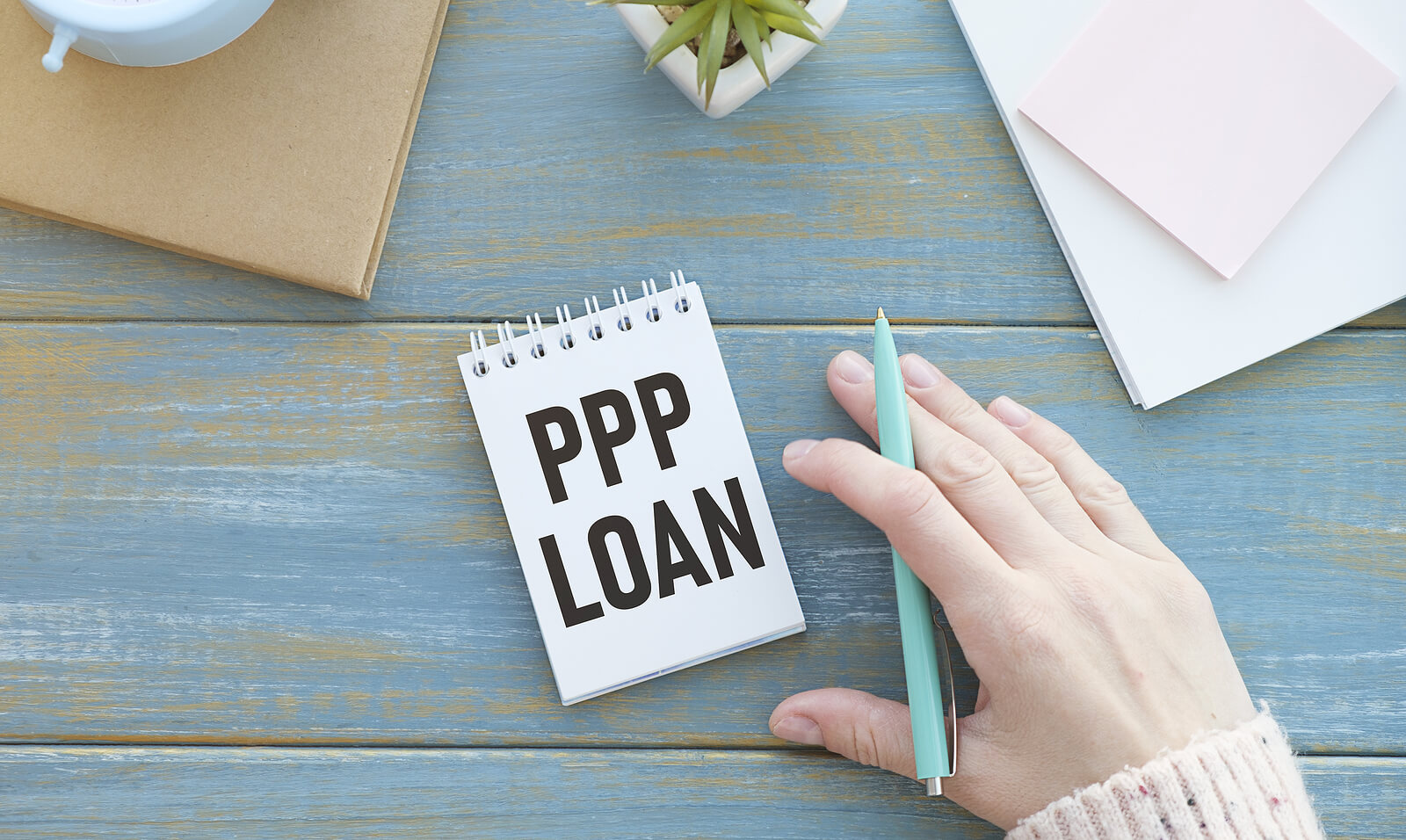
If you’re a small business owner, it’s practically certain that you’ve been affected by the COVID-19 pandemic. It’s likely that you took out PPP loans, and odds are you will need guidance not just with understanding the laws themselves, but how these laws have changed, and what to do before you ask for loan forgiveness. Below we’ll go into further detail on recent PPP Loan changes, how they affect you, and how to use them to your advantage.
How Should You Navigate PPP Loan Changes?
With the onset of the COVID-19 pandemic, congress passed the CARES Act early last year which authorized qualifying businesses to make use of PPP (Paycheck Protection Program) Loans through the United States Small Business Association—also known as the SBA.
However, this program, like many related to small businesses, has a number of complexities that may be difficult to follow. Before continuing, it’s highly recommended to not venture into this journey by yourself. An accountant or legal expert can help you make heads or tails of these PPP Loan changes. If you are insistent on going through these yourself, it is highly recommended to have someone review your filings for you, just to be on the safe side.
The SBA scrutinizes loan forgiveness requests intensely, and even honest mistakes could possibly get you charged with fraud, an outcome no one desires this year. When the SBA comes to ask you why you deserved those loans, you must have a prepared and articulate answer to their queries.
It should go without saying, but you’ll want to document as much as you possibly can. It’s easier to determine how good or bad a decision was in hindsight, but in the midst of the panic and confusion surrounding this outbreak, especially when it began at the end of February, nobody was sure what the right decision would be—they only acted in what they believed were their best interests at the time. As it happens, your mindset when you first applied counts considerably while your application is being reviewed.
What Do You Need to Know About Recent PPP Loan Changes?
There are a number of PPP Loan changes that affect how you go about loan forgiveness. On one of my recent live broadcasts, I discuss many of them in detail. Here, we’re just going to go through a handful of more common ones to give you an idea of what to expect going forward.
Loans will be forgiven when certain criteria are met. If certain criteria are not met (more on that later), you could face penalties with your loans, or your request could be denied altogether. These criteria are put in place to make sure the money you receive is being used responsibly. For now, let’s go over just a handful of PPP Loan changes below that impacts most small business owners.
PPP Loan Changes to Keep in Mind:
For loans over $50k, maintaining a headcount at your place of business is a major factor with your PPP loans. Your headcount will have to be the same as it was when you first applied for the loan. If this isn’t the case for you at the moment, please keep in mind that there are exceptions to this rule, and if you have documentation to back it up, there will be no penalties.
If an employee resigns voluntarily, refuses to return to work on their own, or is fired with cause, this will not count against you when your loan is reviewed. Additionally, in cases where your state government imposes restrictions (let’s say at a bar or restaurant, where building capacity is reduced and less on-site staff are needed), this will also not count against you. However, in all cases, it is crucial to have detailed documentation to back up each and every instance if any of these situations apply to you.
The way you use the loans will come under scrutiny as well. Paychecks are the way that these loans are expected to be used. However, there are a few exceptions to the rule. You could make a strong argument to the SBA for using your PPP loans for something like hazard pay. Given the circumstances, this wouldn’t be an unusual move. However, using your loans for something like bonuses for you and your staff is a different story, and will likely be much, much harder to pass off as a legitimate use of the provided funds.
It’s important to note that mortgage interest paid to a related party is not forgivable. While figuring out your mortgage payments, be especially careful about this. Again, it’s highly recommended to hire an expert to do this for you, and if that isn’t an option, find someone who can review your application for you.
Drops in pay can also affect loan forgiveness. Documentation is especially important here, as this can vary from one occupation to another. Let’s say you’re a contractor or someone else who needs to spend numerous hours at work. It may be possible to argue that a good portion of your pay drop came from a decrease in overtime hours. If your base hours stayed the same and you saw a loss in revenue largely due to a loss in overtime hours, you could make the case that your pay didn’t actually drop, and you won’t be penalized.
These are only a small handful of PPP Loan changes to look out for. As mentioned above, Wayne went into further detail on a recent Livestream, where he breaks it down step by step. While there are many changes to look out for, don’t be intimidated. Experts like Wayne are always around to help you navigate these complex policies, allowing you and your business to thrive. As we always say: “Let’s make this our most profitable year ever.”